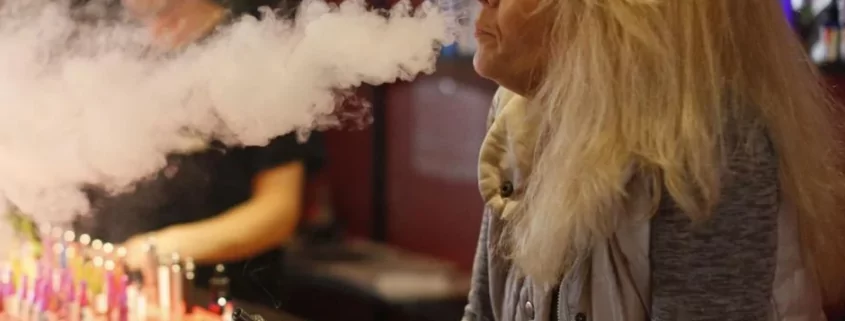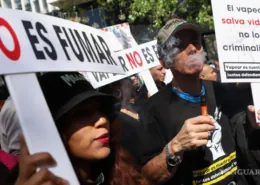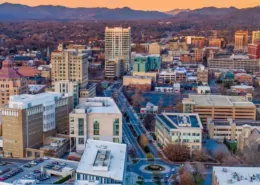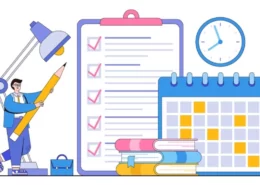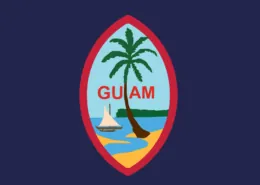Buffalo Common Council Regulates Vaping and Cannabis Establishments
Buffalo Common Council has taken a significant step in regulating tobacco, hookah, vaping, and cannabis establishments in the city. This comes in response to resident concerns over the lack of municipal control and regulation of smoke shops. The council has announced that this legislation will ensure a positive impact on communities and not impede the legalization process for recreational cannabis.
New Licensing Requirements
The new legislation will require all tobacco, hookah, vaping, and cannabis establishments in the city to obtain a license from the Department of Permit and Inspection Services. All current owners and operators have 12 months to apply for and obtain a license to continue operating.
According to the ordinance, each applicant must submit information, including proof of registration with the State of New York as a tobacco and/or vape retail dealer and a description of all properties proposed to be managed or owned by the applicant. The Department of Permit and Inspection Services may also require additional information.
The licenses will expire on June 30 every year and are non-transferable. The application fee is $200.00. The Department of Permit and Inspection Services will conduct annual inspections of existing establishments beginning May 15.
Grounds for Denial of a License
The ordinance also includes grounds for denial of a license. These include prior bad acts by the applicant, the location of the licensed activity being more likely than not to negatively impact the neighborhood, or the applicant not being a registered New York State tobacco and/or vape retail dealer.
No license shall be considered issued or effective unless approved by the City of Buffalo Common Council after a public hearing. The public hearing allows for the residents of Buffalo to voice their opinions and concerns about the establishment being licensed.
The Impact of the Legislation
The new legislation will have a significant impact on the city’s tobacco, hookah, vaping, and cannabis establishments. It will ensure that these establishments operate under regulated conditions, which will lead to a more positive impact on the community. The regulation will also provide a framework for business owners to follow, which will prevent confusion and misunderstandings.
The new legislation is part of a broader effort to regulate and monitor smoking in Buffalo. The city council has also been working to make Buffalo a smoke-free city. This has been an ongoing process that has included bans on smoking in public places, workplaces, and parks.
Conclusion
The Buffalo Common Council’s decision to regulate tobacco, hookah, vaping, and cannabis establishments is a significant step in creating a healthier and safer environment for residents. The new licensing requirements will ensure that these establishments operate under regulated conditions, which will lead to a more positive impact on the community. The public hearing process will allow the residents to voice their opinions and concerns.
FAQs
Will the new legislation affect the legalization process of recreational cannabis in Buffalo?
No, the legislation is not intended to impede the legalization process for recreational cannabis, but rather to establish regulatory measures that will ensure a positive impact on communities.
How long do the business owners have to obtain a license to continue operating?
All current owners and operators have 12 months to apply for and obtain a license to continue operating.
What are the grounds for denial of a license?
The grounds for denial of a license include prior bad acts by the applicant, the location of the licensed activity being more likely than not to negatively impact the neighborhood, or the applicant not being a registered New York State tobacco and/or vape retail dealer.
What are the consequences if an operator does not acquire a license?
Owners who fail to apply for and obtain licensing within 12 months risk their business’s closure.
Who approves and denies licenses?
A public hearing will be held, and license issuance will not be approved except by the City of Buffalo Common Council.
- Teen Vaping of THC & Synthetic Cannabinoids Surges: Study - July 4, 2025
- UK Wolverhampton Extends “Swap to Stop” Vape Program - July 4, 2025
- Pakistan Halts Vape Crackdown Pending Legislation - July 4, 2025

